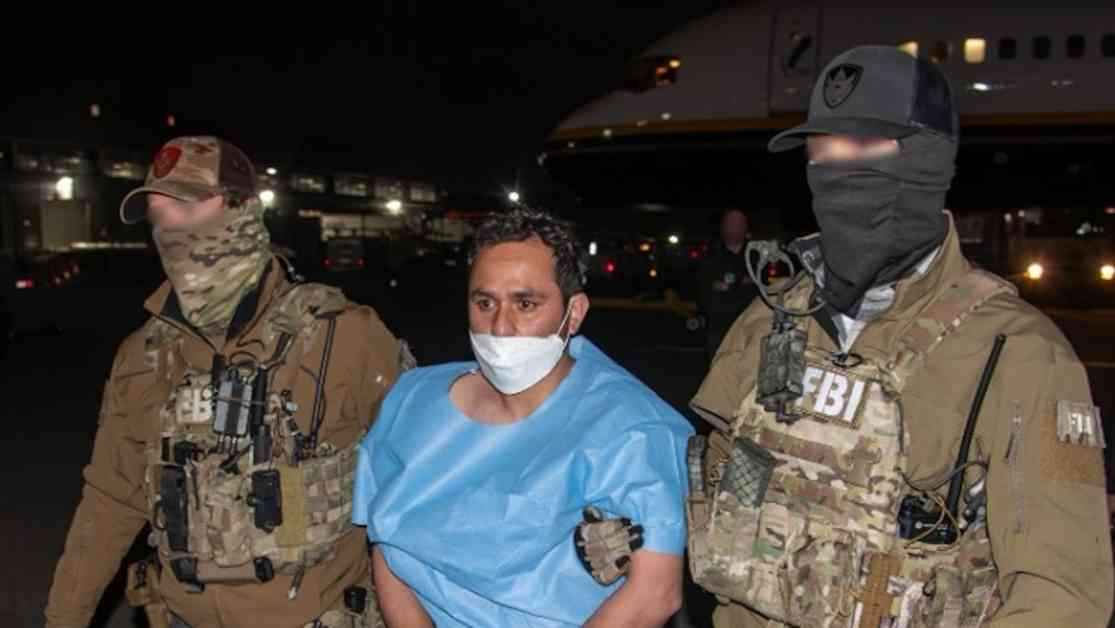A suspected mastermind of the deadly August 2021 suicide bombing at Abbey Gate, targeting U.S. soldiers during the withdrawal from Afghanistan, made his first appearance in a U.S. federal court. Mohammad Sharifullah, identified as an ISIS-K operative by the Department of Justice, faced charges of orchestrating an attack that resulted in the deaths of 13 U.S. military servicemembers and around 160 civilians. The extradition of Sharifullah to the United States marked a significant development in the pursuit of justice for the victims of the tragic incident.
Extradition and Initial Court Appearance
Sharifullah’s journey to the U.S. justice system began with Pakistani special forces capturing him along the Pakistani/Afghan border, as reported by a Pakistani intelligence official involved in the operation. Following his extradition to the U.S., FBI Director Kash Patel confirmed his arrival, setting the stage for his first court appearance in Virginia. The accused ISIS-K operative, flanked by U.S. Marshals, appeared in an Alexandria federal court for a brief hearing where he quietly responded to a magistrate judge’s inquiries about his understanding of the charges against him.
Through an interpreter, Sharifullah acknowledged the federal charge he was facing – conspiring to provide material support to a terrorist group, a crime that carries a maximum penalty of life imprisonment if convicted. The court ordered a detention and preliminary hearing for the following Monday, with the government intending to seek his continued detention pending trial. During an interview with FBI agents prior to his court appearance, Sharifullah reportedly confessed to his involvement in multiple terror attacks, including the Abbey Gate bombing, shedding light on the extent of his alleged role in various acts of violence.
Revelations and Allegations
According to a criminal complaint, Sharifullah admitted to assisting in planning the Abbey Gate operation, which involved conducting surveillance to identify a suitable route for the attacker near the Hamid Karzai International Airport. His involvement in previous attacks, such as the 2016 suicide bombing targeting the U.S. embassy in Kabul and an ISIS-K assault on a concert venue near Moscow in 2024, was also revealed. The suspect’s alleged participation in more than 30 terror attacks, as disclosed by the Pakistani intelligence official, underscored the breadth of his purported extremist activities.
Sharifullah’s stint in an Afghan prison from 2016 to 2021, followed by his release in the chaotic final days of the Afghan republic’s collapse, raised questions about the handling of high-profile detainees by the Taliban regime. The gravity of the charges against Sharifullah and the scale of his alleged involvement in terrorist activities highlighted the importance of diligent international cooperation and law enforcement efforts to combat global extremism.
In conclusion, the extradition and court appearance of Mohammad Sharifullah in the U.S. marked a significant step towards accountability for the devastating attack at Abbey Gate. The unfolding legal proceedings and revelations of his alleged role in multiple terror incidents shed light on the complex and interconnected nature of modern terrorism, underscoring the ongoing challenges faced by law enforcement agencies in safeguarding global security and upholding the rule of law.


